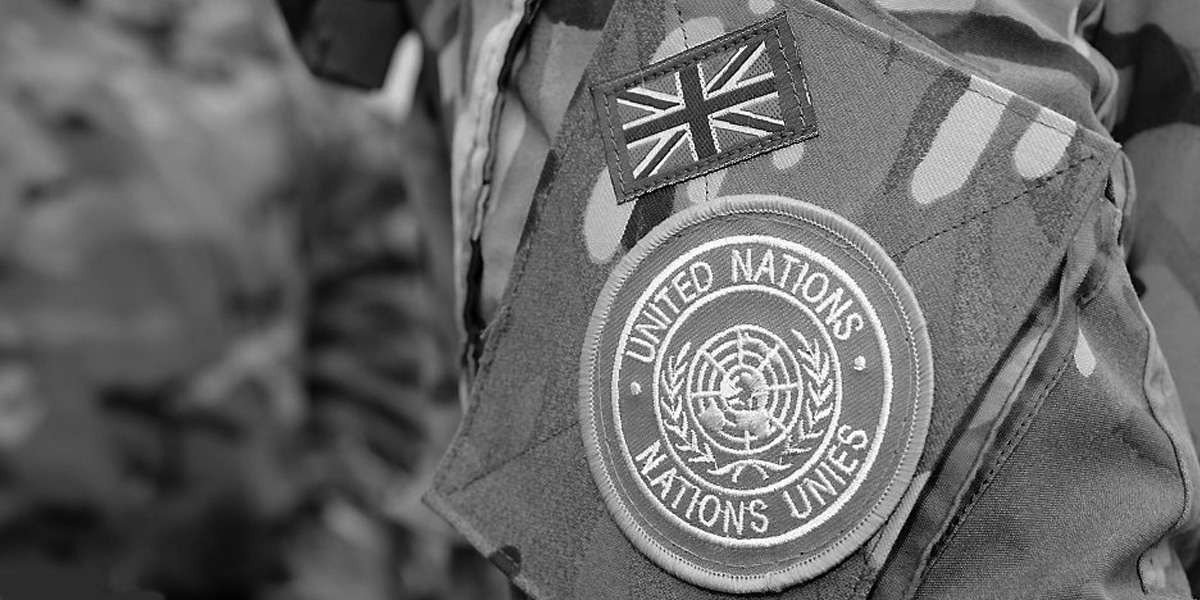Welcome to… The Ministry of Defence
There is something about defence which robs David Cameron of his surety of touch. Whether it’s over negotiating defence cuts with a party seething at the scale of reductions made to the defence establishment and redundancies of servicemen and women; through...
There is something about defence which robs David Cameron of his surety of touch.
Whether it’s over negotiating defence cuts with a party seething at the scale of reductions made to the defence establishment and redundancies of servicemen and women; through the embarrassing rejection of his Syrian policy; the removal of ex-army officers from Conservative party conference and the crowning neglect to appoint a minister for the armed forces: defence is the court on which David Cameron serves his unforced errors.
As Vernon Coaker starts his new job as shadow secretary of state for defence this week, the coalition has only had one success – intervention in Libya. But before giving the coalition the thumbs up, let’s remember that Libya was a rotten state and that with the executive writ eroded in cities outside of Tripoli, the Gaddafi regime had the structural robustness of a wasp’s nest. A no-fly zone was an obvious, supported, and a successful intervention which added little to the new rules of engagement and legitimacy developed after Iraq, and in Afghanistan.
It was those new rules of engagement that Cameron ignored, and was punished for ignoring, over Syria. Refusing to wait for a UN mandate looks like arrogance now. We wouldn’t be short sighted enough to mistake it for leadership.
There is something about defence which brings out the Prime Minister’s arrogant side.
We saw it again this week. Did the Prime Minister forget to appoint a minister for the armed Forces? Labour, who pointed out the omission, say yes. The government says no. But what matters is they are not seen as supporting the troops.
Let’s recall the figures. 20,000 service personnel taken out of the army, 5,000 out of the RAF and 5,000 from the airforce: the gap to be filled by volunteers, with the reserve force (formerly the territorials) to grow to 30,000 by 2018.
It won’t work of course. At current rates of recruitment the reserves will take twice their allotted time to get up to the required strength. Government change is building a gap into our defences.
And as the government forgets the troops, they leave the civilian workers of the MoD behind.
Redundancies amongst non-civilian staff have been brought up from 25,000 to 28,000 (2010 – 2015) – the policy referred to as ‘death by exsanguination.’ A further 7,000 staff will be lost between 2015 and 2020. The total civilian head count will fall from 75,000 – 40,000 in nine years. A surgery which resulted in loss of almost half the patient’s body weight would be regarded as a radical surgery indeed.
Concomitantly, the MoD is in chaos. The books remain unbalanced – a recent National Audit Office report found a £6.5bn overspend on major projects. It is hard to imagine that the staff remain to balance them.
When in doubt, sell-off. Losses to troop numbers were supposed to be compensated for by better equipment and better management. The coalition’s answer has been to part-privatise the Defense Equipment and Support Agency, effectively transferring responsibility for £13bn or 40% of the total defence budget spending out of government. Not so much buyer beware, as buyer be Bechtel.
The Royal United Services Institute say they cannot understand how the new arrangement ‘would even work in practice, let alone why it would be a less expensive and better alternative to what is in place today.’ The US Department of Defence has formally registered concern.
So how does Labour respond effectively to such a radical rate of change? Through a relentless focus on the practical.
Labour’s defence review began with those procurement arrangements and has included a focus on long-term support to troops, including review of the mental health costs of service, and a determination not to forget those troops still serving in Afghanistan.
Under Vernon Coaker, we’re likely to see Jim Murphy’s down-to-earth, supportive approach continued. And we’ll see a determination to learn those lessons that in office the Conservatives seem to have forgotten.
As the shadow policy review says, ‘a rules-based approach led by international institutions brings not only greater effectiveness but also, crucially, greater legitimacy.’
It does, you know.
